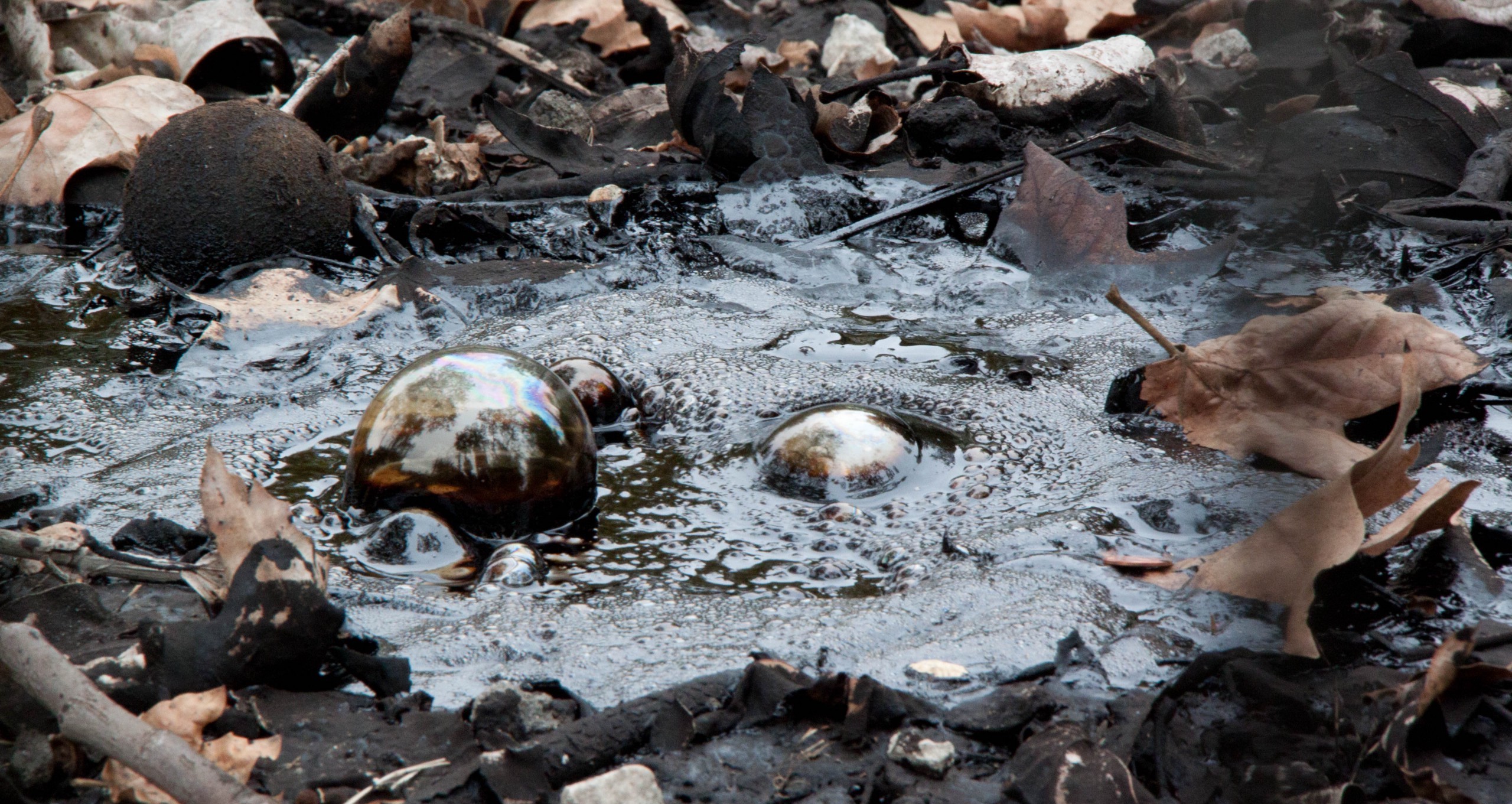Reports on how humanity is upsetting the planet’s environmental balance

Zero Waste Shouldn’t Be A Privilege
If you needed a reminder of just how enmeshed late-stage capitalism is with these kinds of concerns, it’s this: we are trying to sell each other more in order to use less.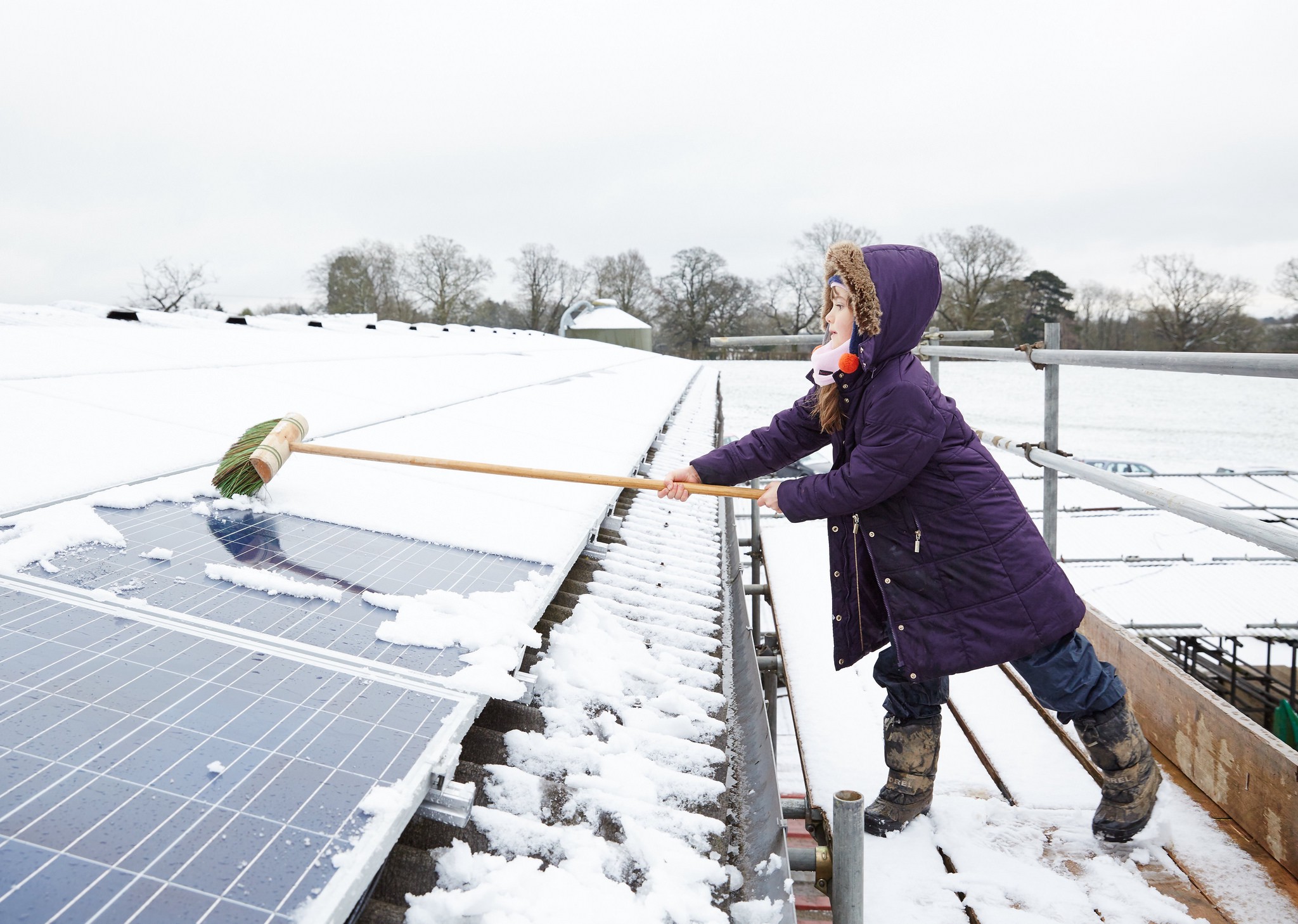
The Great Dying
How does a person live, during the great dying? Not exactly a framing that’s going to make anyone feel more hopeful, but maybe one that makes it less abstract, less “‘1.5 degrees over pre-industrial levels,’ less one-asteroid-and-they-were-gone.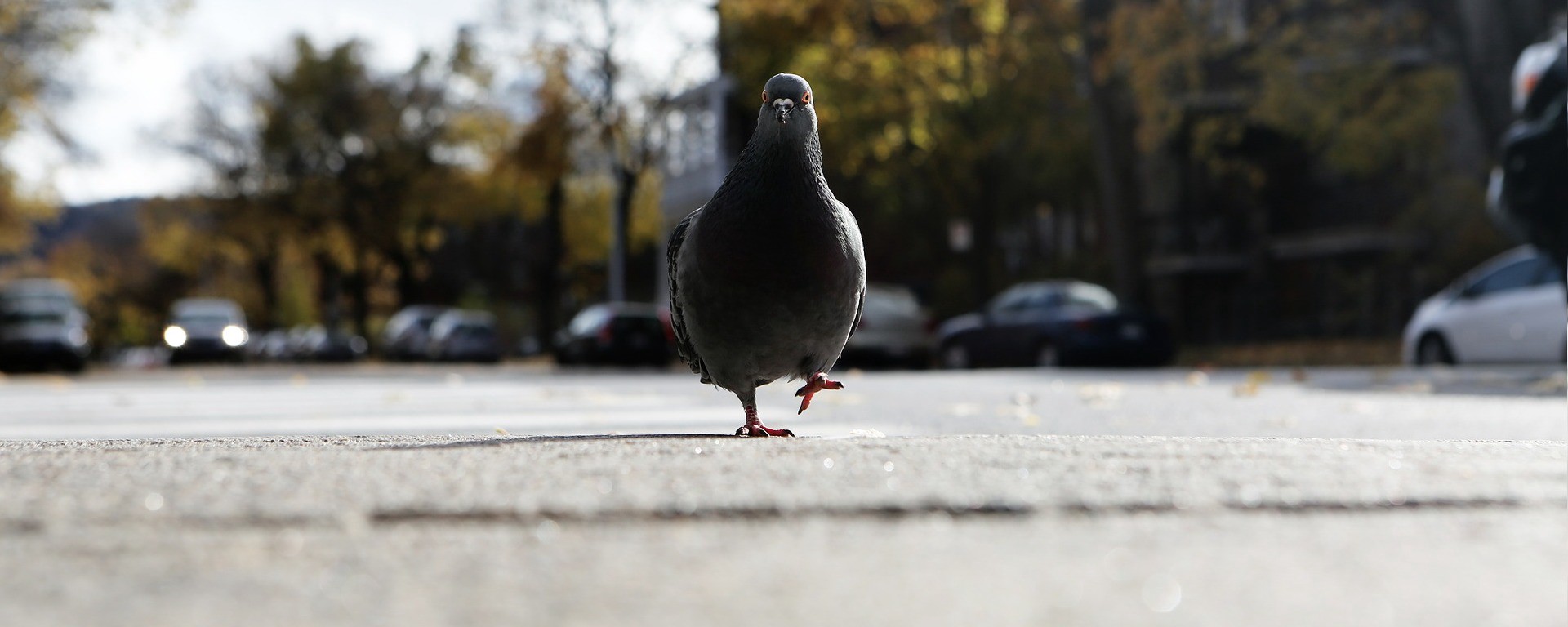
Pests? Pets? How Language Changes Our Perception of Animals
Even if you don’t have much interest in an overall decline in biodiversity, take heed: whether you like it or not, city human, you are part of an ecological system.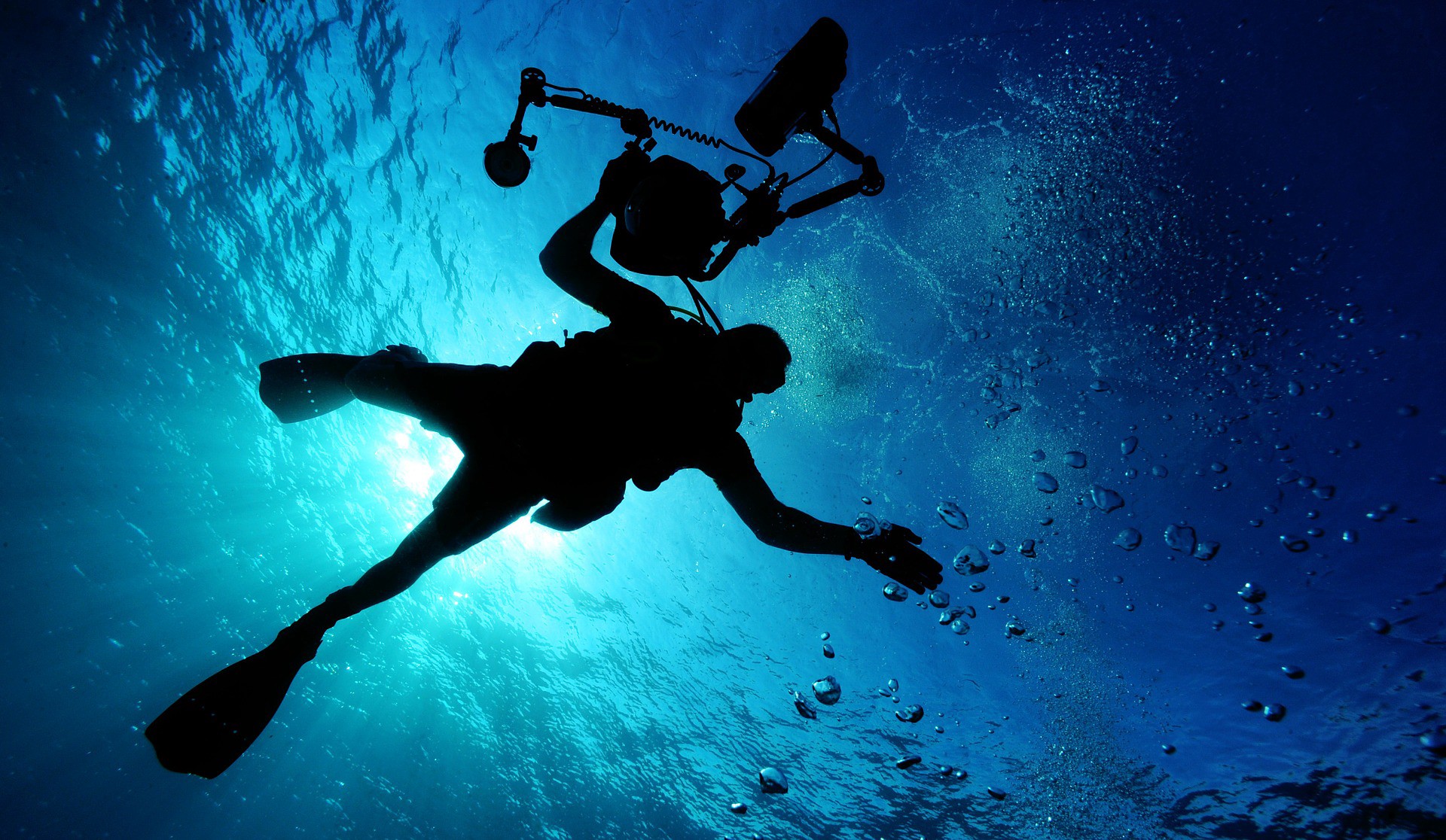
Noise Pollution Is Making the Oceans Unbearable for Underwater Life
Every ten years, noise from commercial shipping is doubling. But studying what that noise is doing to ocean creatures in situ is fiendishly difficult.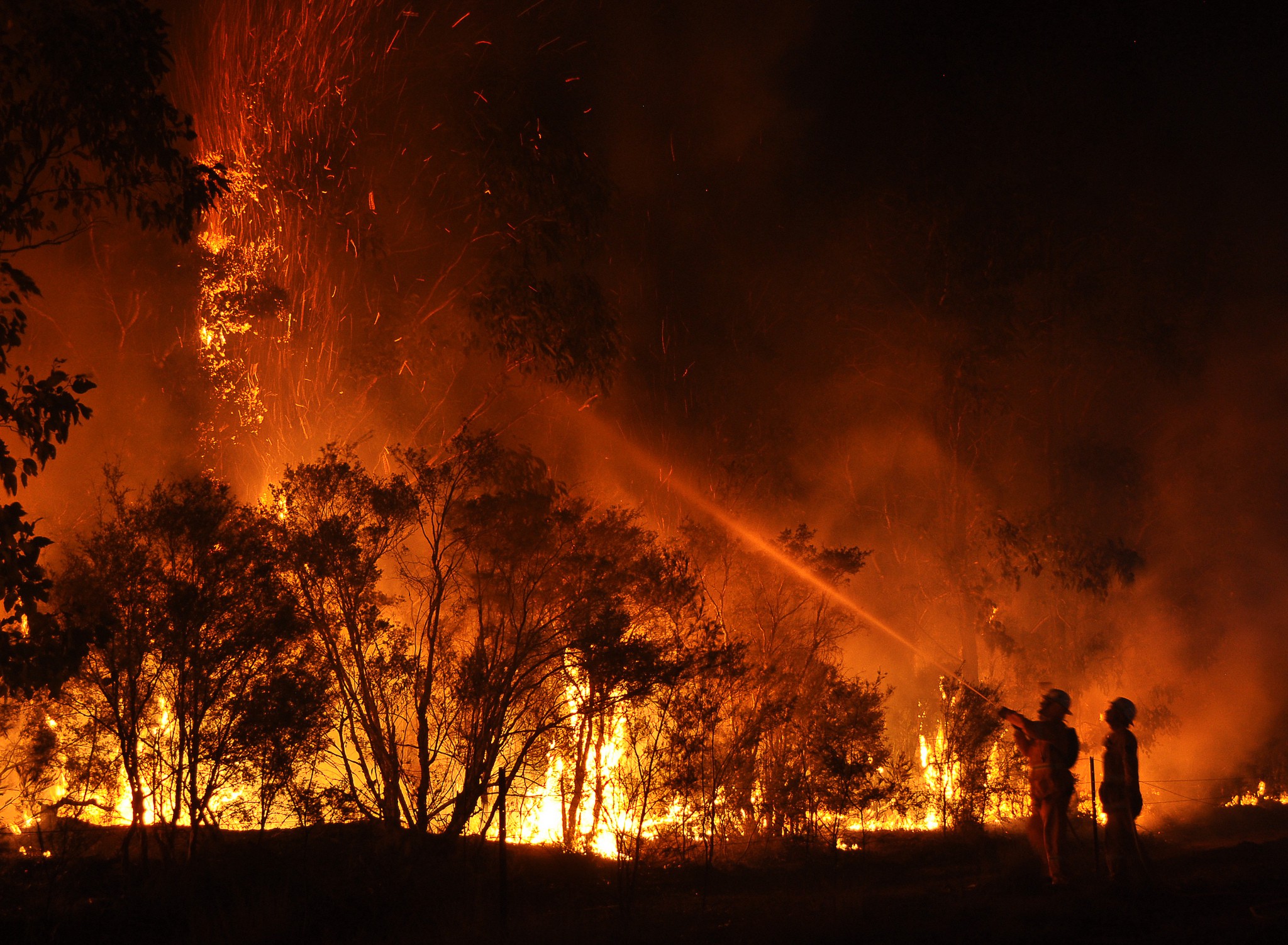
The Media Can’t Sell Climate Change
Readers are asking news outlets why they aren’t hitting harder on climate change. But who are they hoping to convince?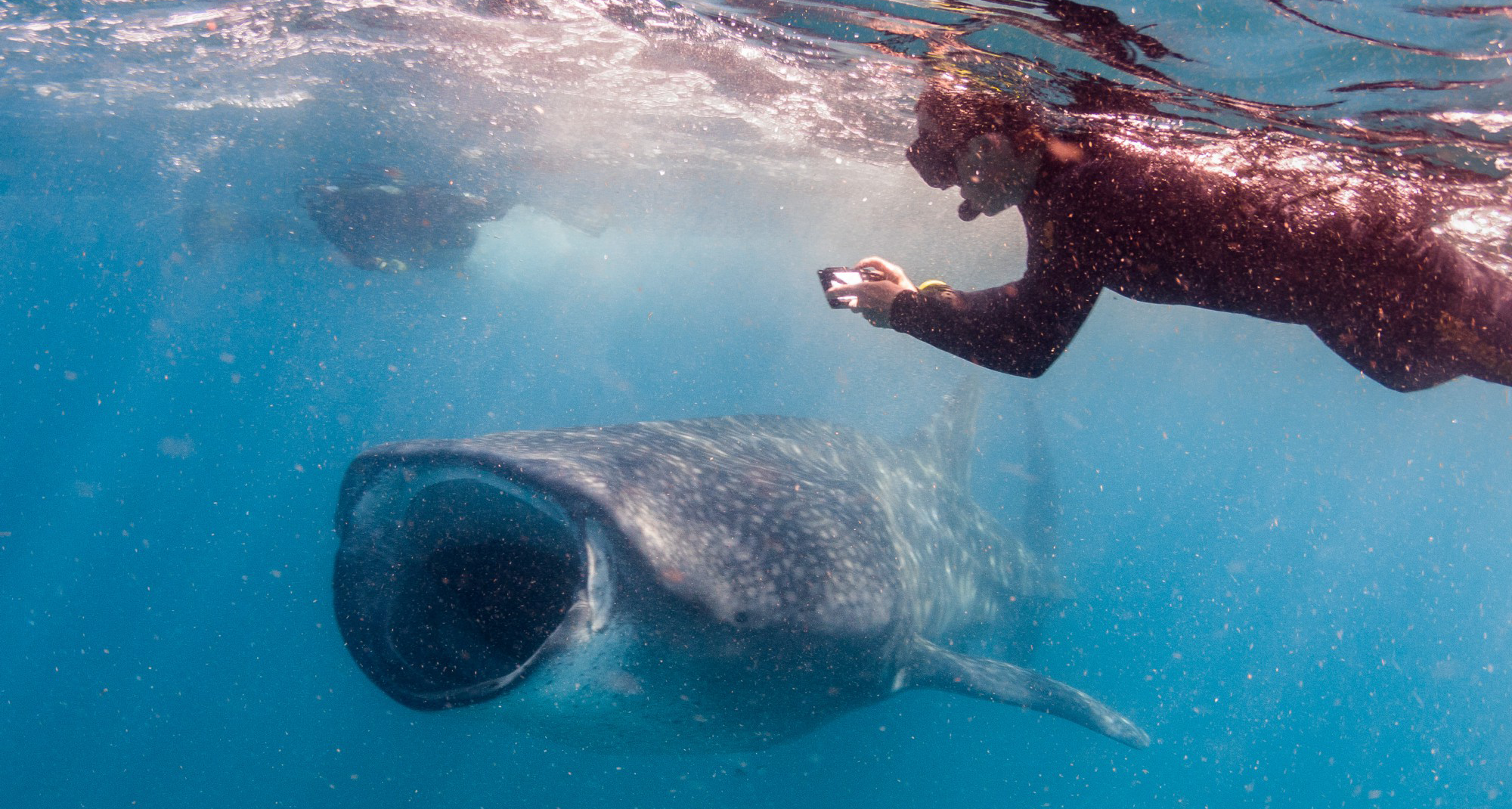
Stargazing With Whale Sharks
I’m not a marine biologist, but I’ve been able to take part in conservation projects as a citizen scientist. And so can you, if you’re lucky enough to swim with a whale shark.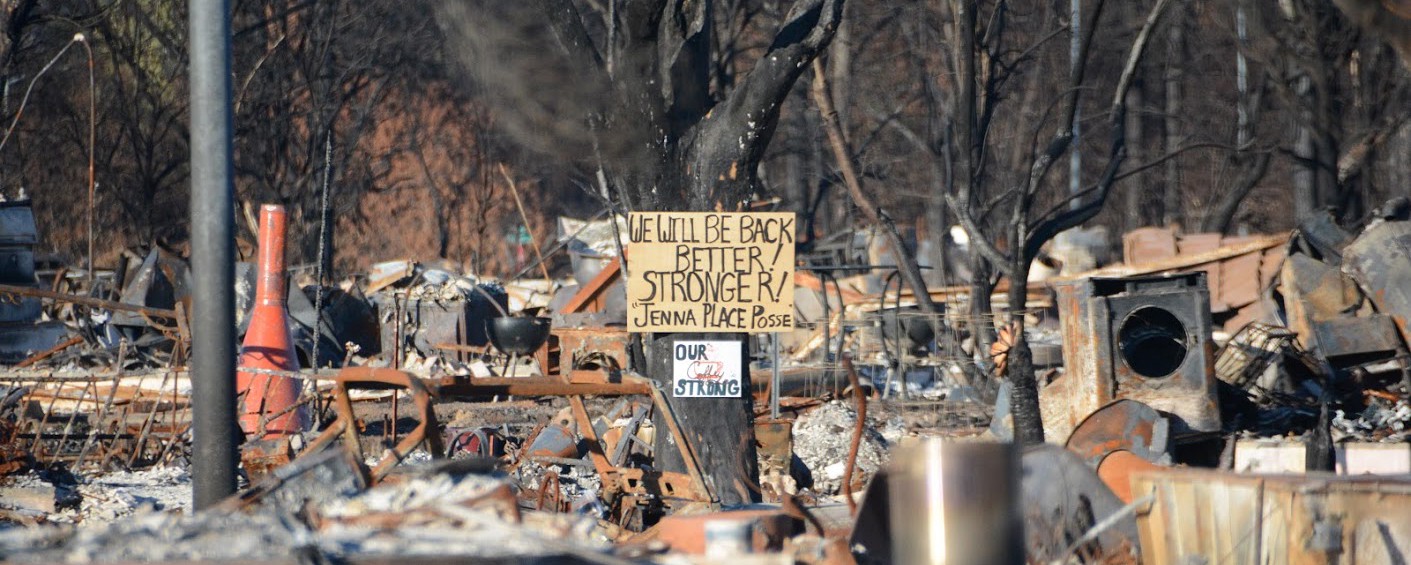
How We (Don’t) Talk About Climate Change
It’s hard to spur people to climate change action when nothing dramatic is happening – but it’s equally hard to do so during natural disasters.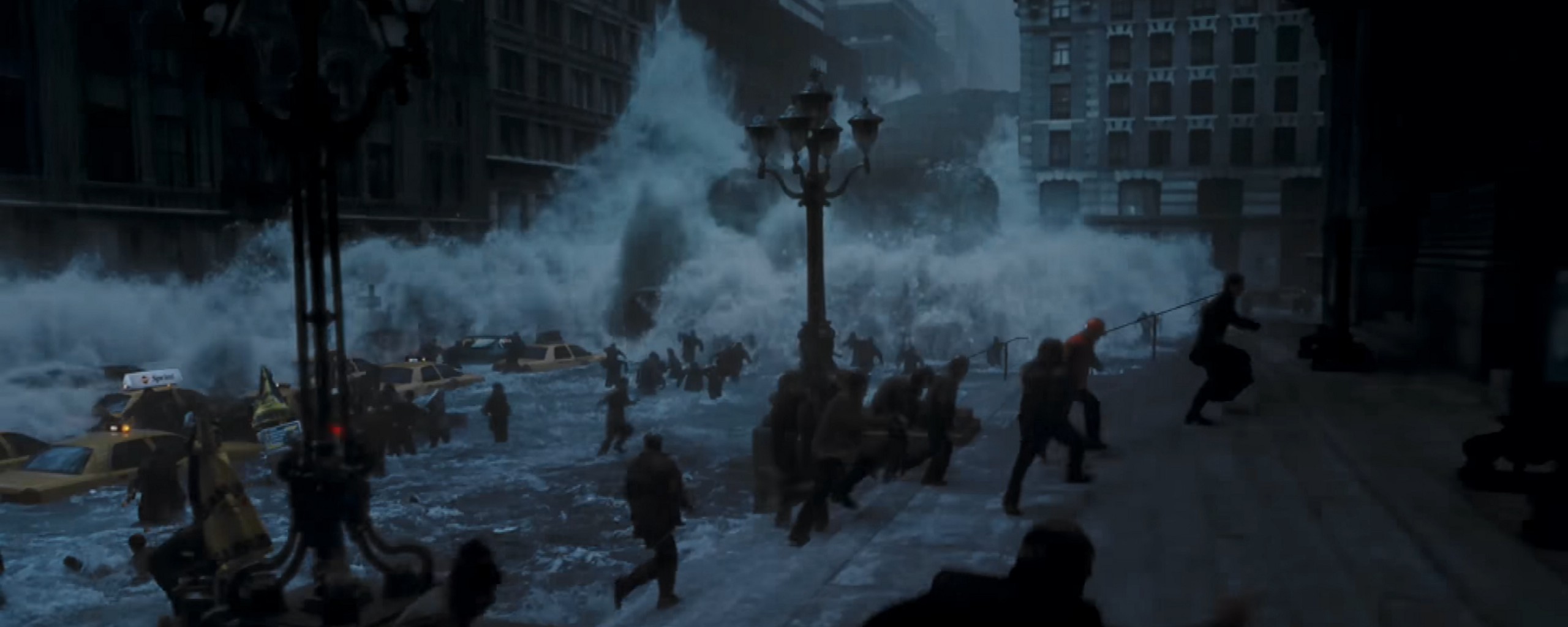
The Day After the Day After Tomorrow
Climate change is not a movie villain, and it’s not something that’s going to show up in a distant, hazy future we can’t quite see.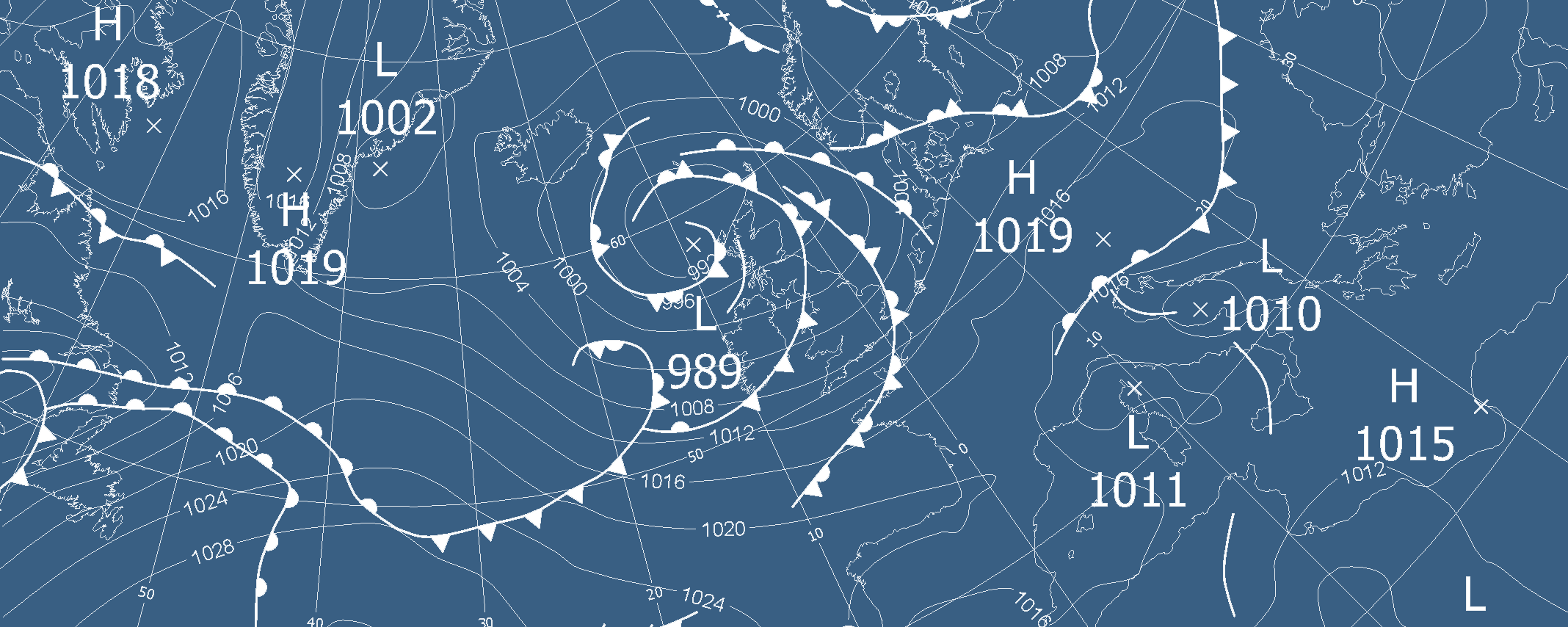
Why We Name The Weather
From Biblical floods to “The Beast From The East.”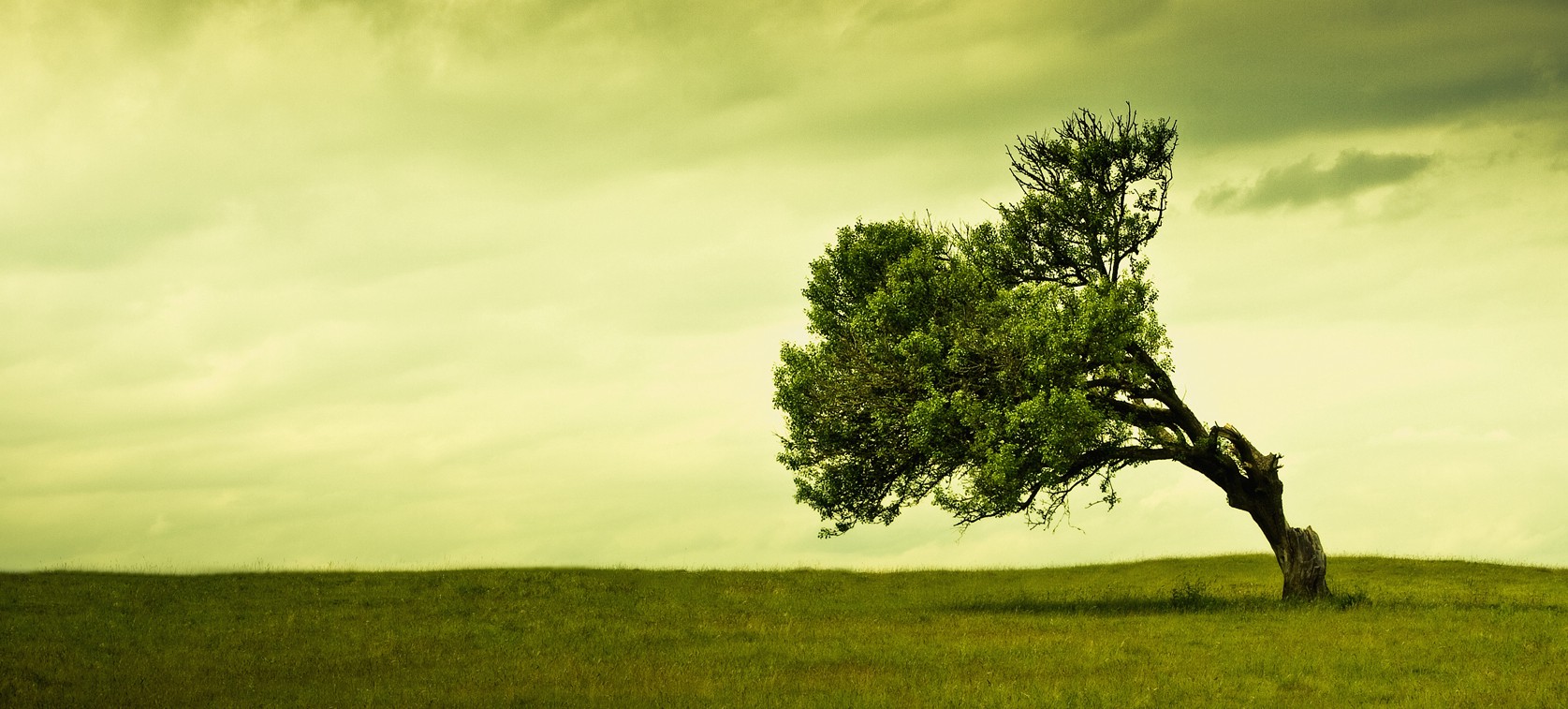
On Certainty and the Illusion of Control
Why popular solutions often fail to address big problems–like climate change–and what this says about us all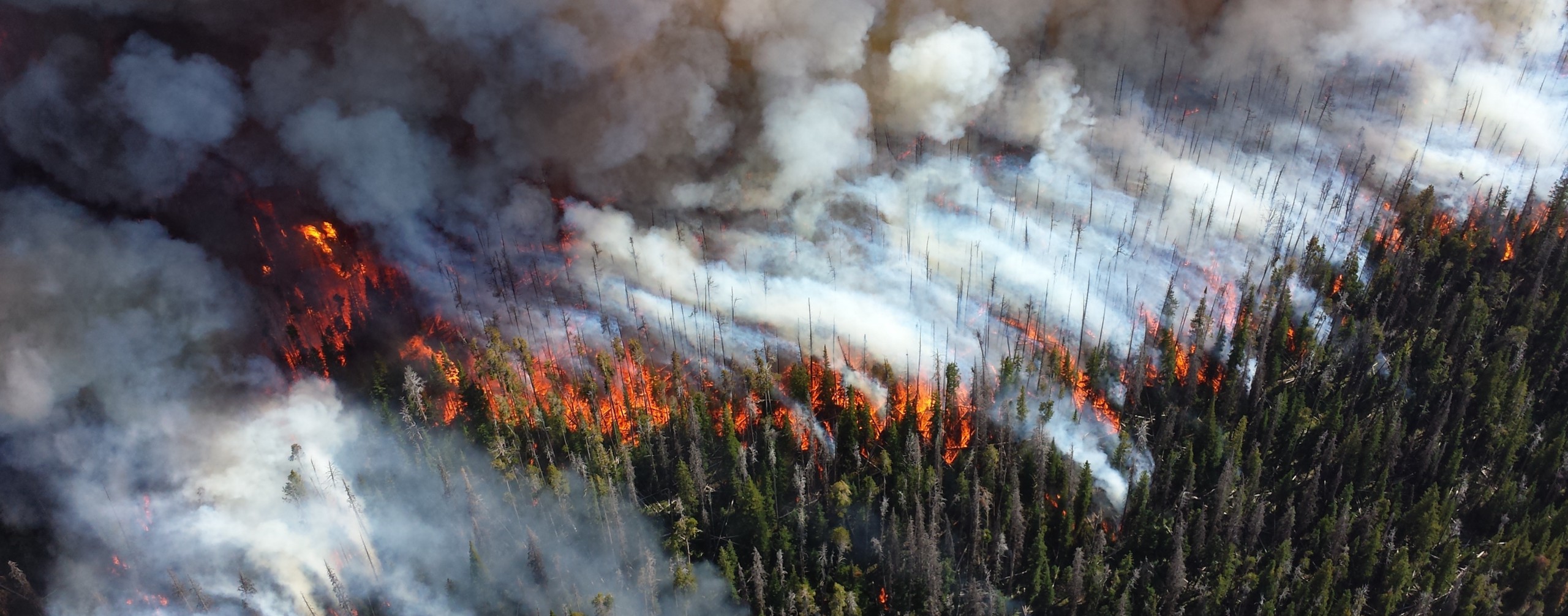
Stop, Drop, and Scroll
How Big Data and smart sensors are changing firefighting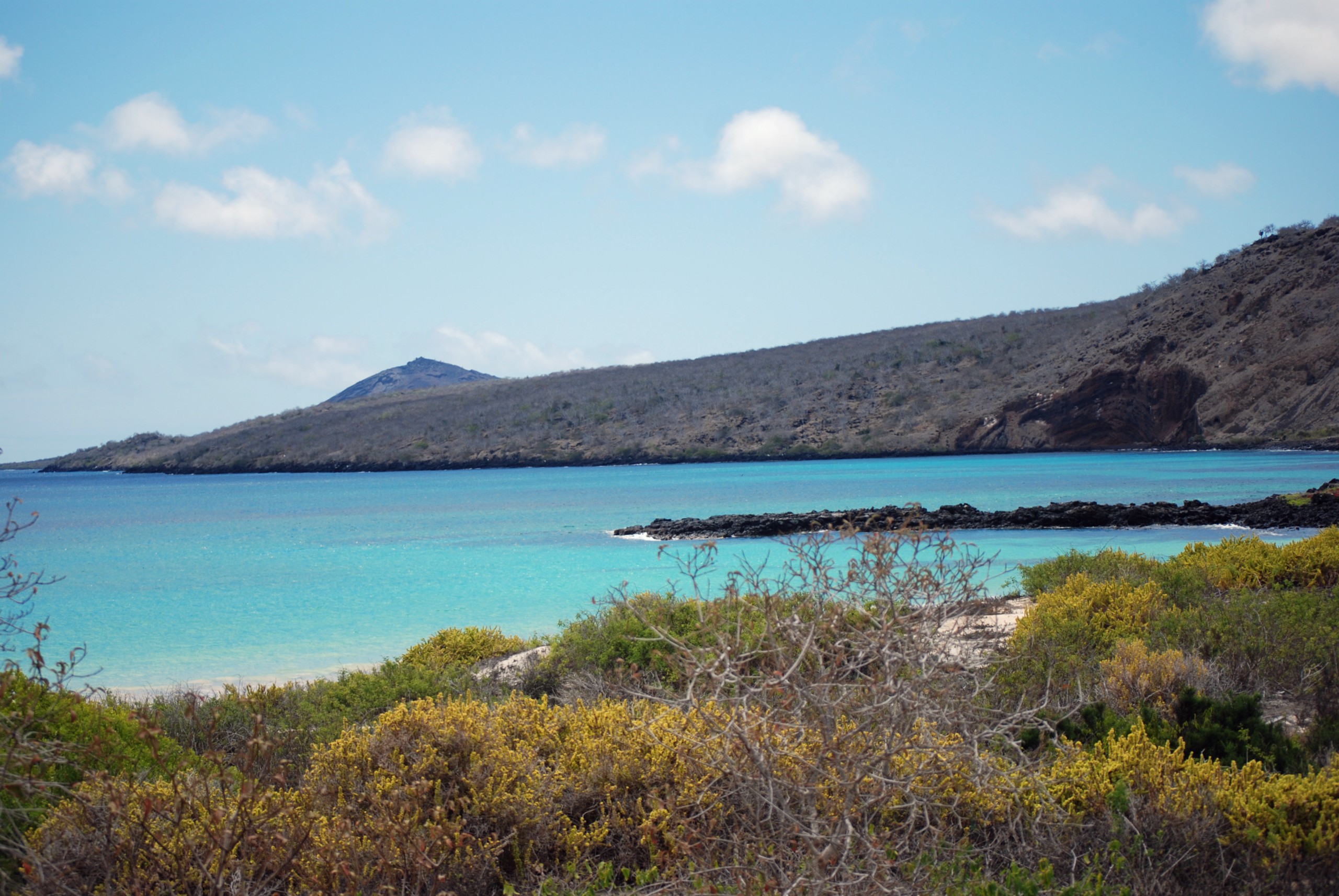
This Animal Assassin is Saving Endangered Wildlife
How to snap, bait, trap, and ensnare in the name of conservation.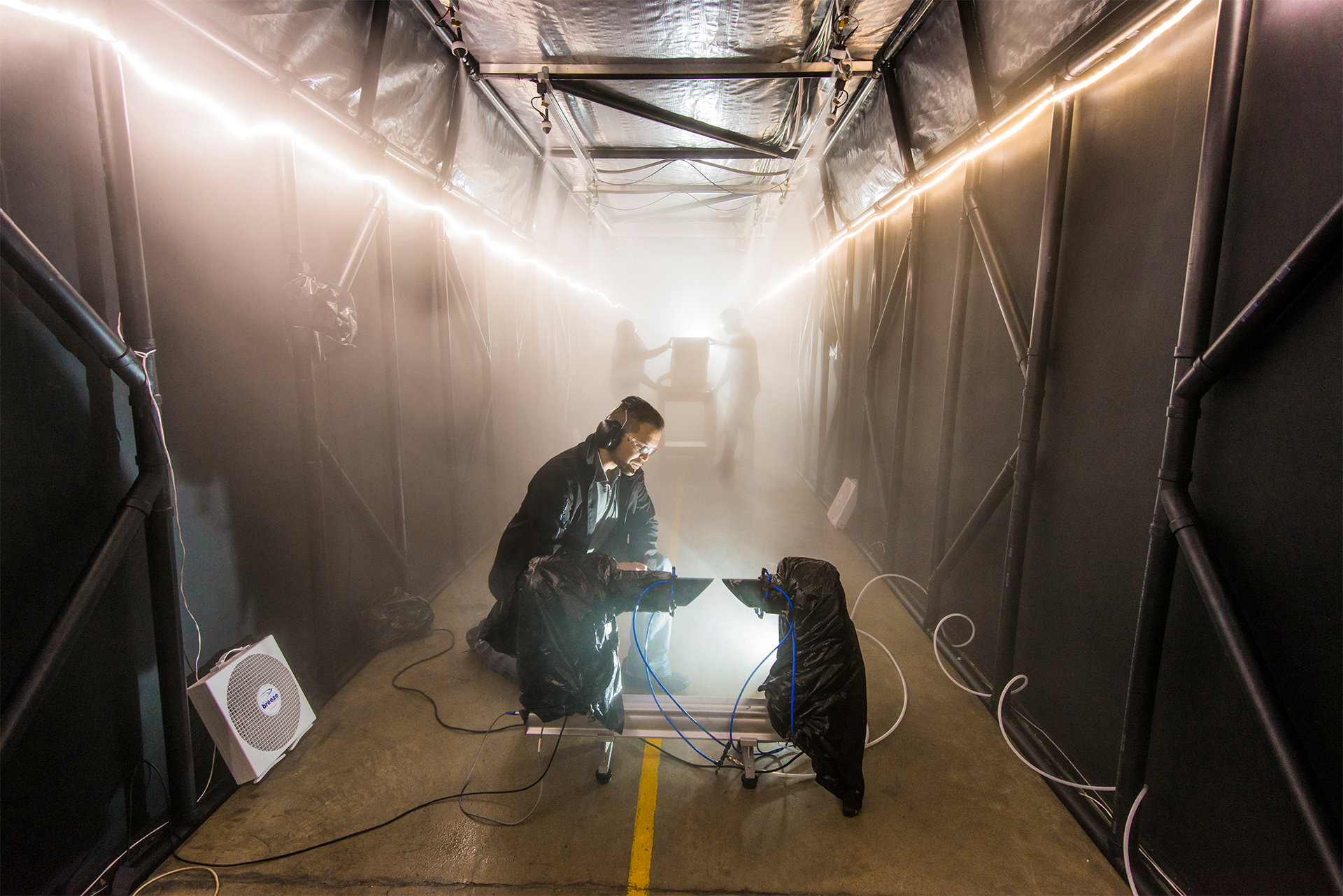
This Massive Fog Chamber Is a Matter of National Security
As well as testing security cameras and military sensors, it could improve medical imaging technology.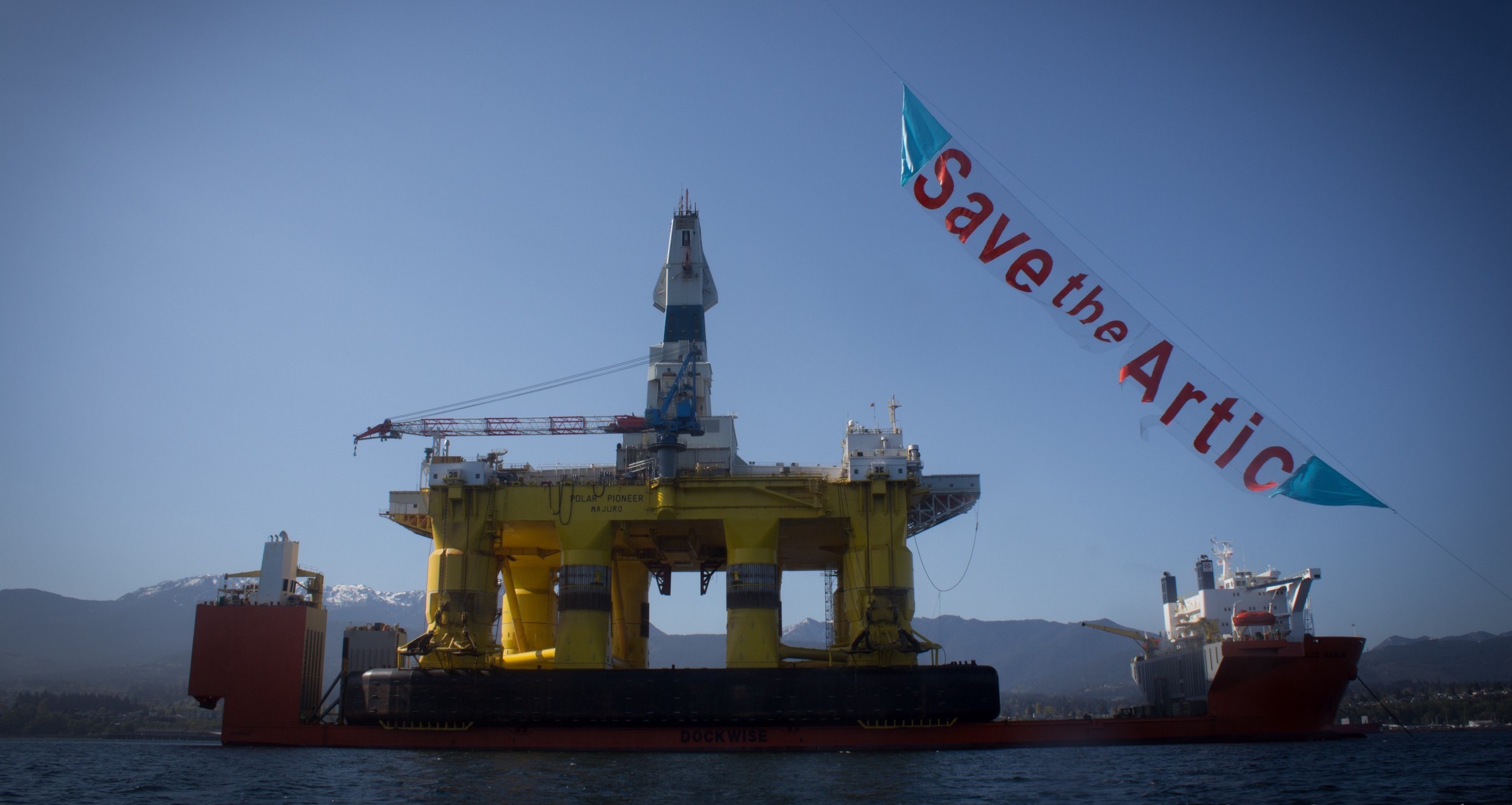
Arctic Communities Fight Back Against Oil Drilling
For those in northern coastal regions, global warming isn’t an abstract change–it’s an immediate threat to survival.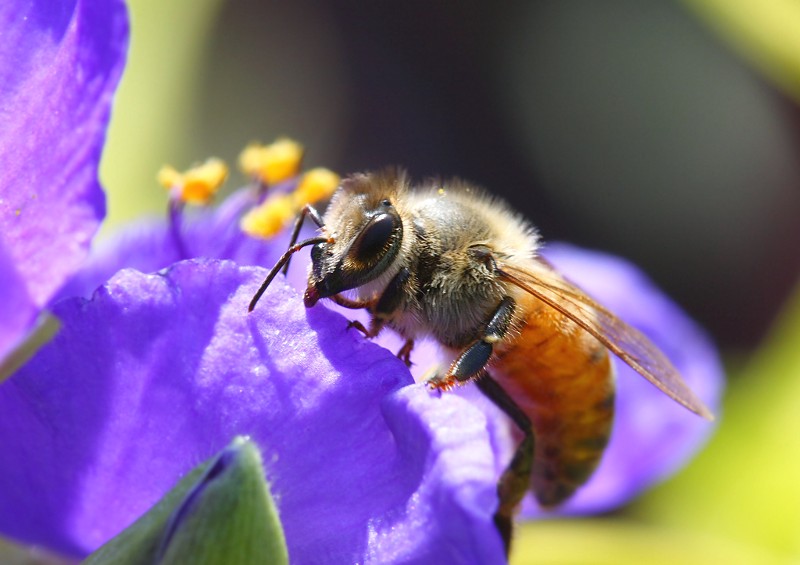
Bumblebee Highways and Jaguar Corridors
Around the world, urbanization is destroying many of the green areas that wildlife depend on for survival. Even where parkland is deliberately preserved in a city, isolated animal populations trapped in these parks suffer from inbreeding and reduced genetic diversity. But there’s a solution. Cities across the globe are building wildlife corridors, allowing animals and […]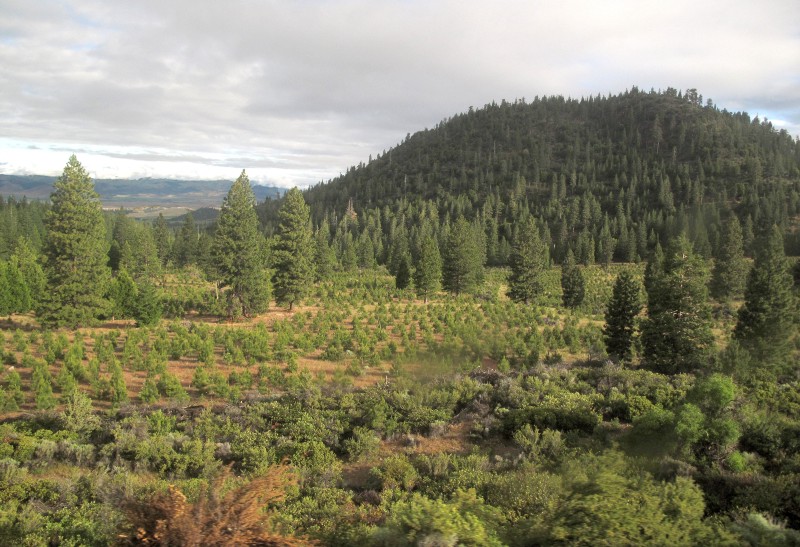
Sometimes, Hacking the Climate Is a Good Idea
Here are some of the ways it could, potentially, work.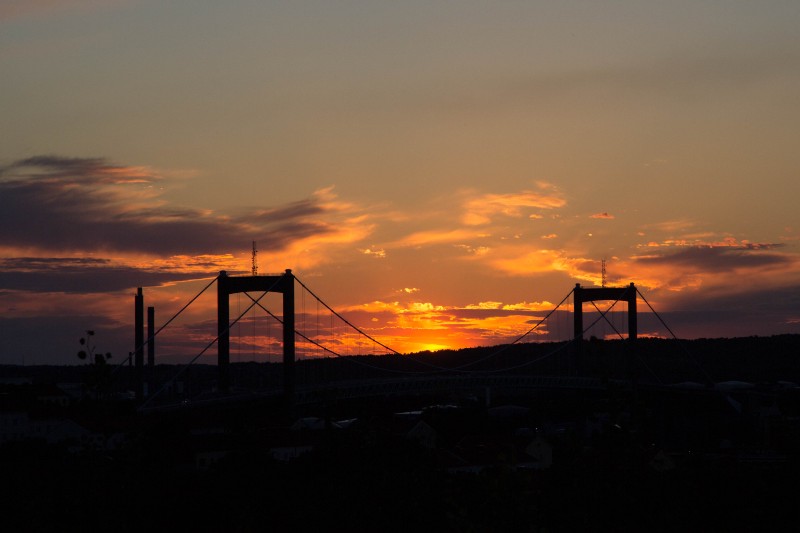
Hacking the Climate Won’t Work
It’s a recipe for disaster.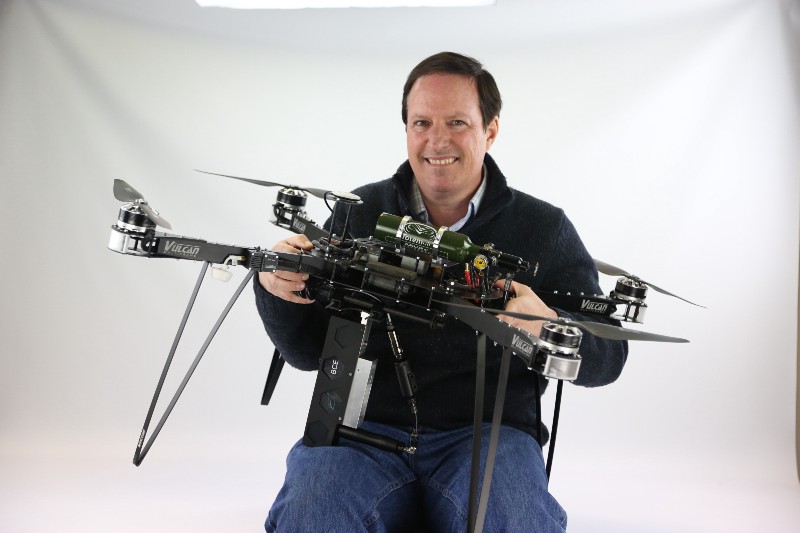
Gardening Drones Could Reseed the World’s Forests
A company claims it could plant a billion trees per year using drones.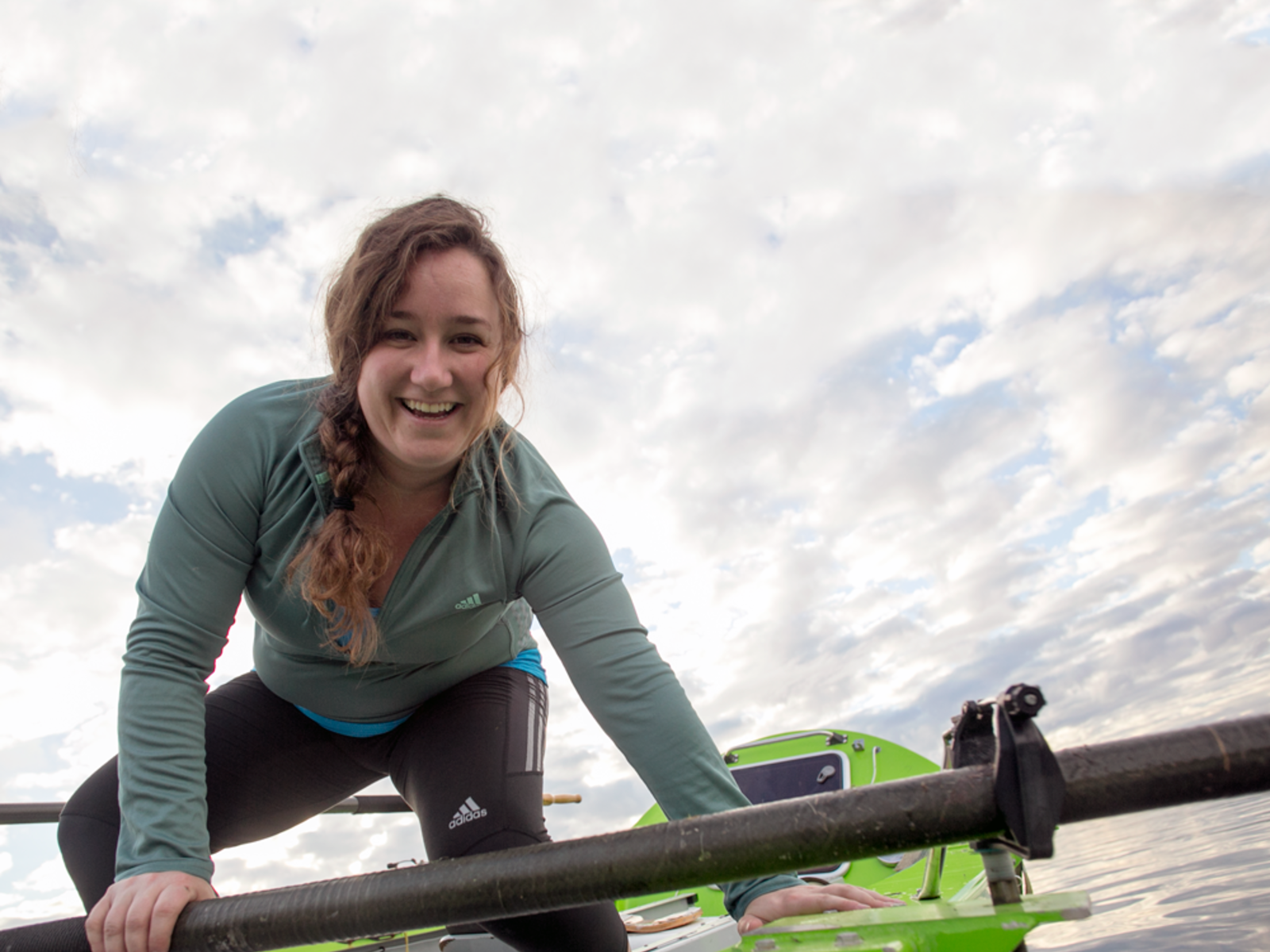
The First Woman to Row Solo Across the Pacific is Helping NASA to Map Climate Change
For this dedicated citizen scientist, crossing the Earth’s largest ocean is a sideshow to collecting data.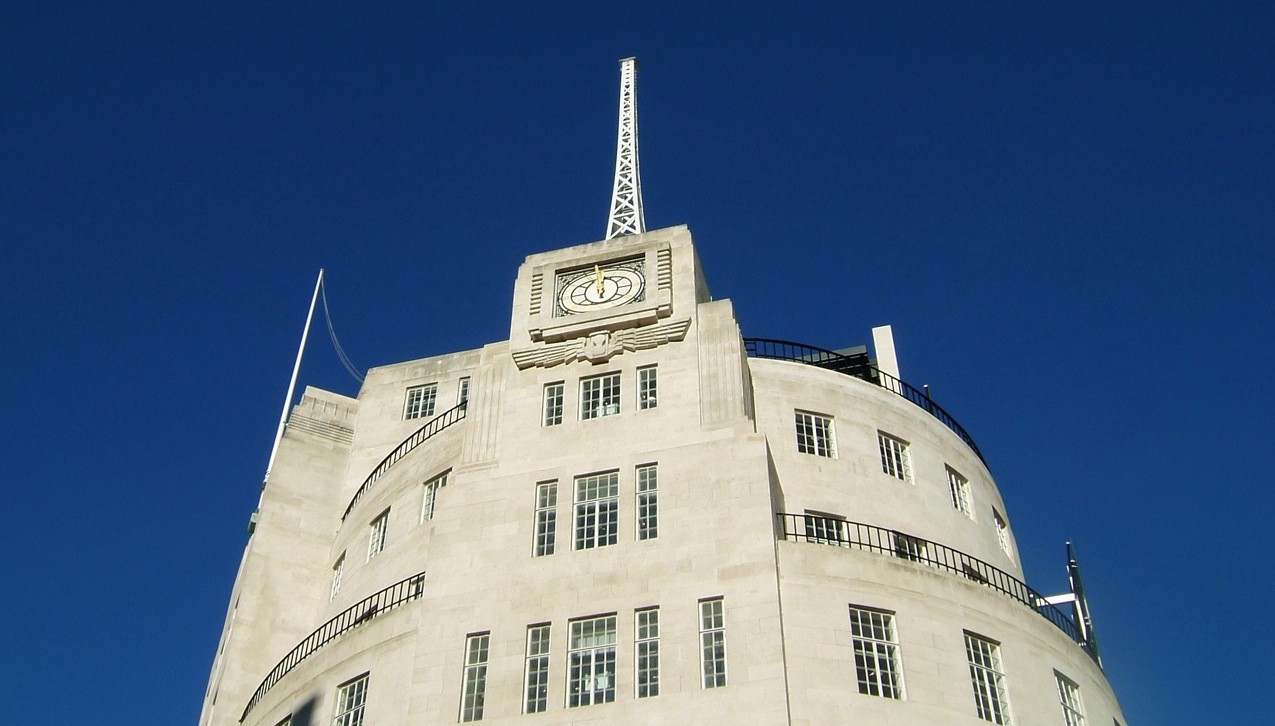
Could Painting Your Roof White Help Tackle Climate Change?
White roofs reflect 80 percent of sunshine, keeping urban areas cooler.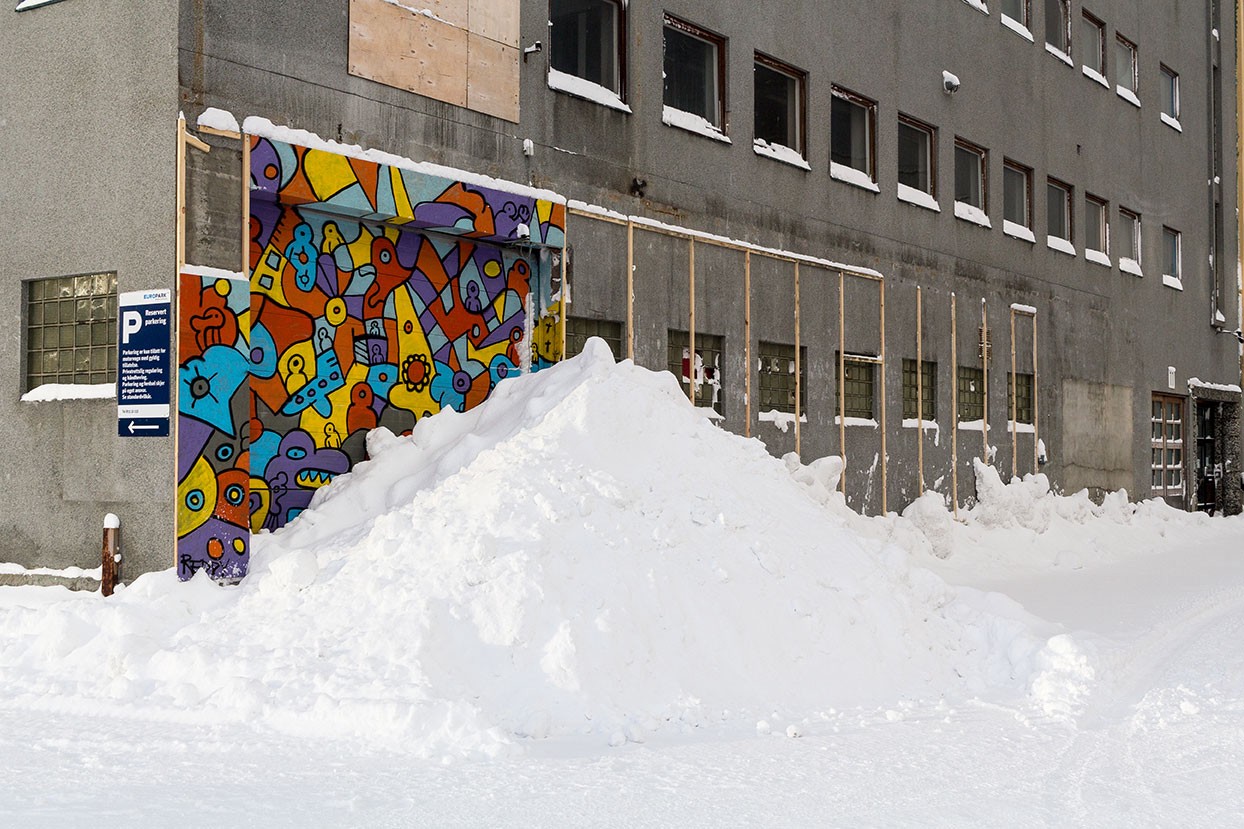
What Cities Can Do With a Lot of Snow
Dragons, castles, and dumping at sea.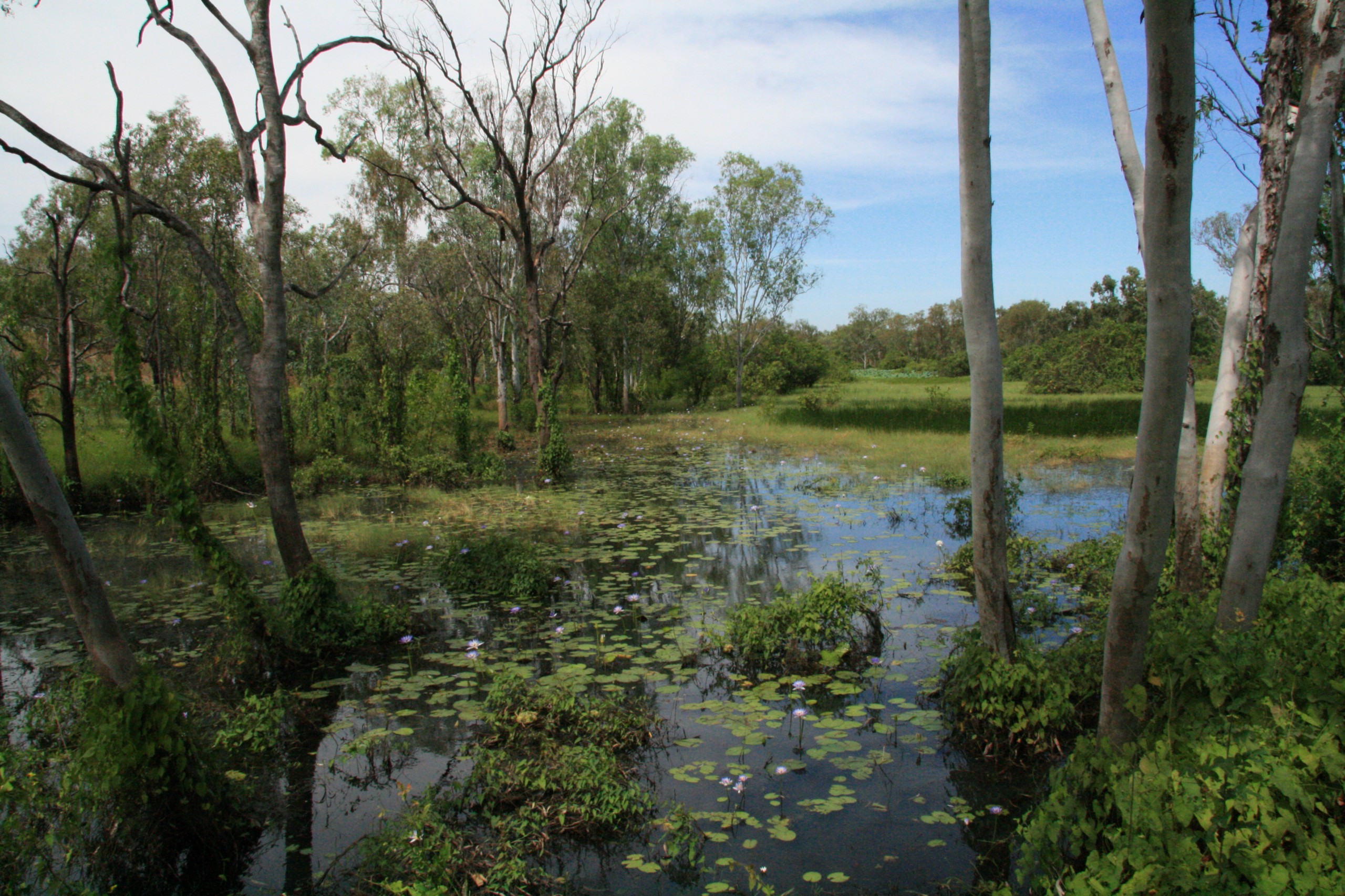
This Knowledge From 40,000 Years Ago Is Saving River Systems
Scientists are working with indigenous communities for better water management.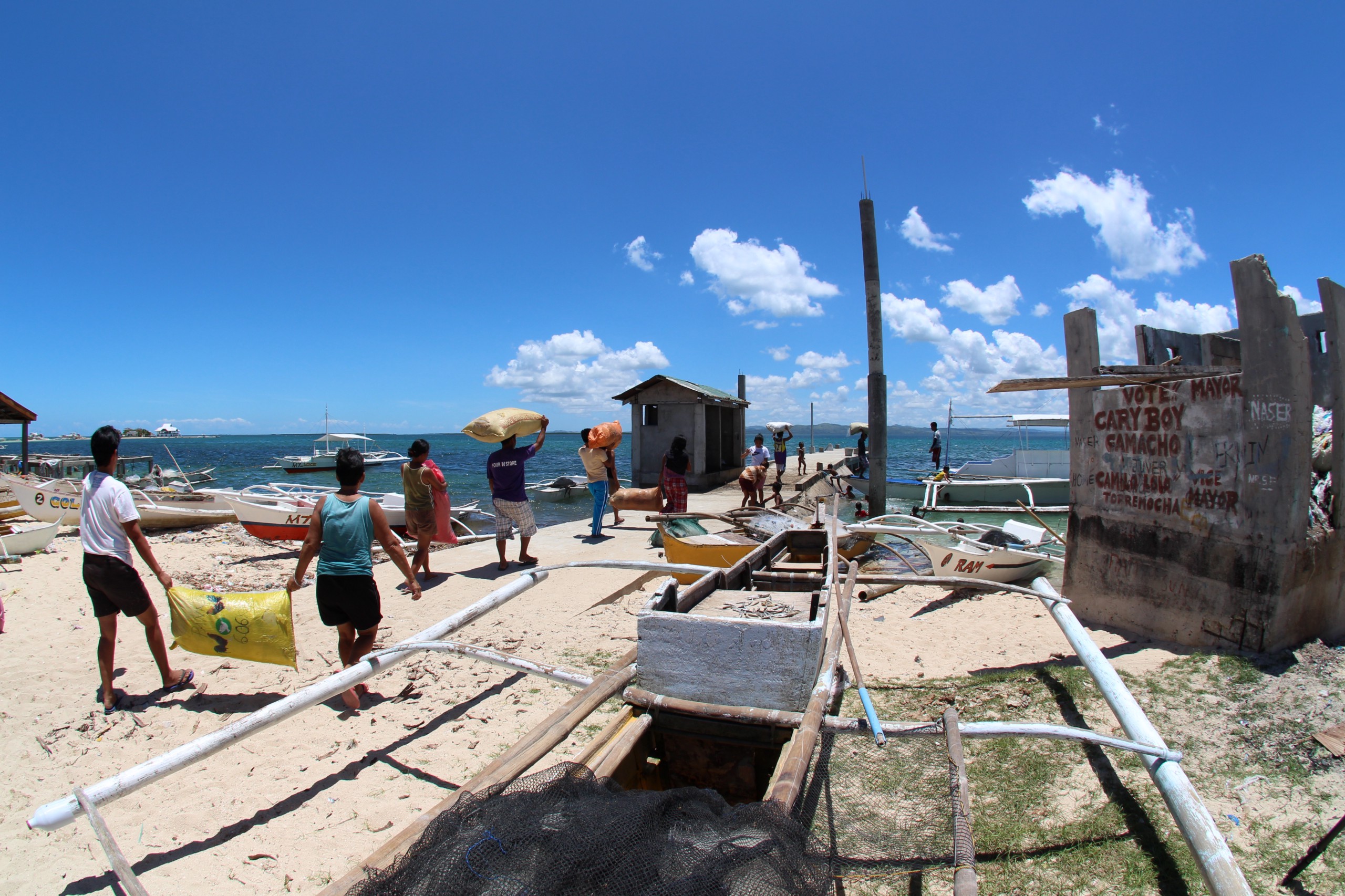
How a Carpet Can Help to Clean a Coastline
A program to encourage recycling of old fishing nets.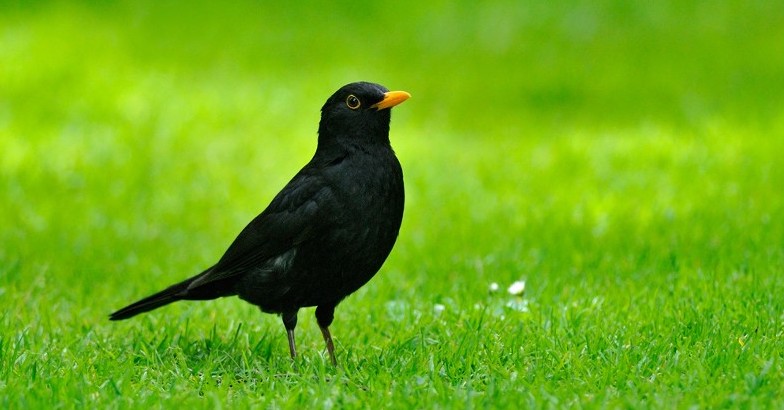
Identifying Birdsong With An App
A not-so-silent spring?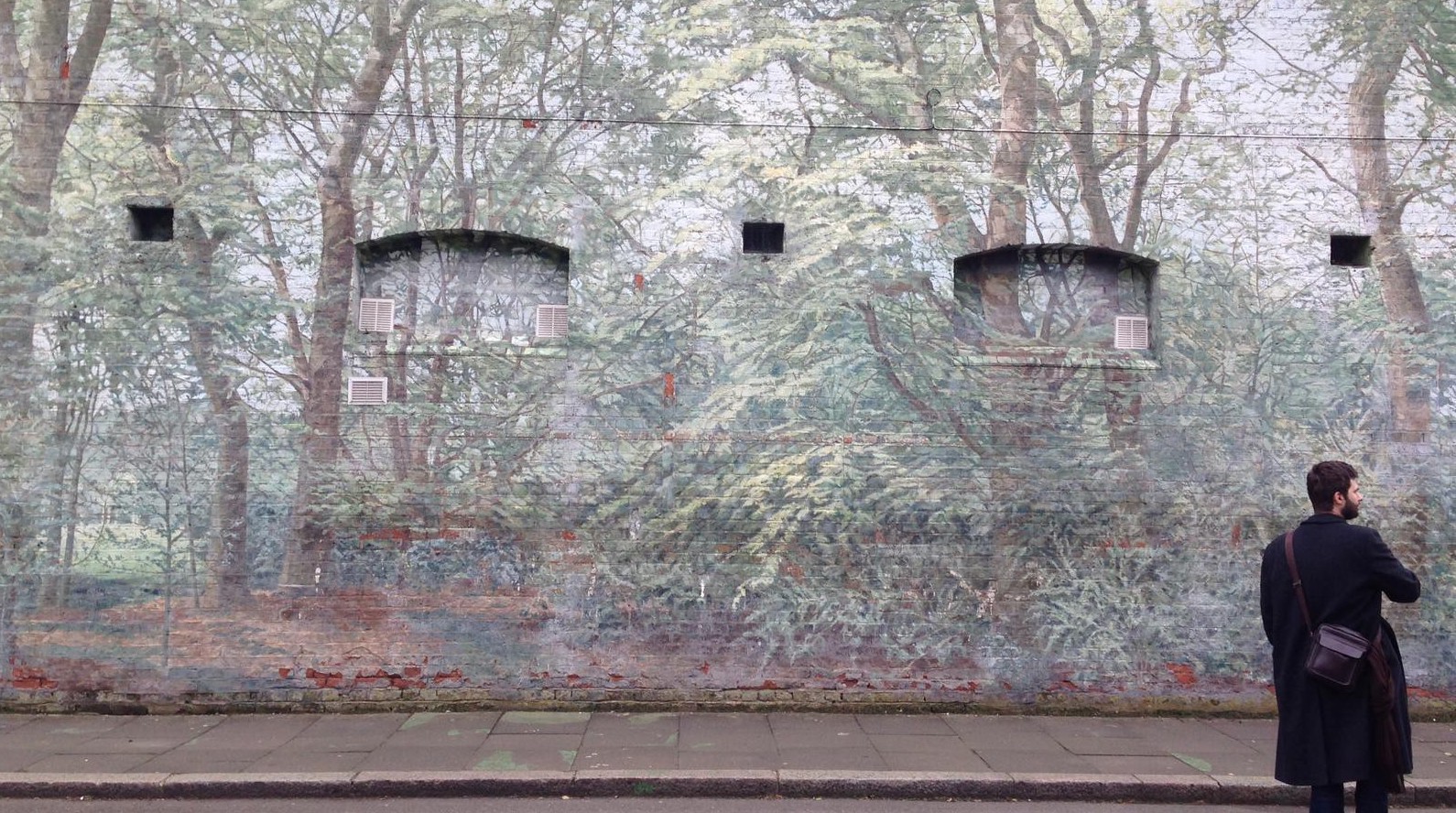
Transforming London into a Giant Park
By connecting the idea of a national park and a city, might we productively transform how we see both?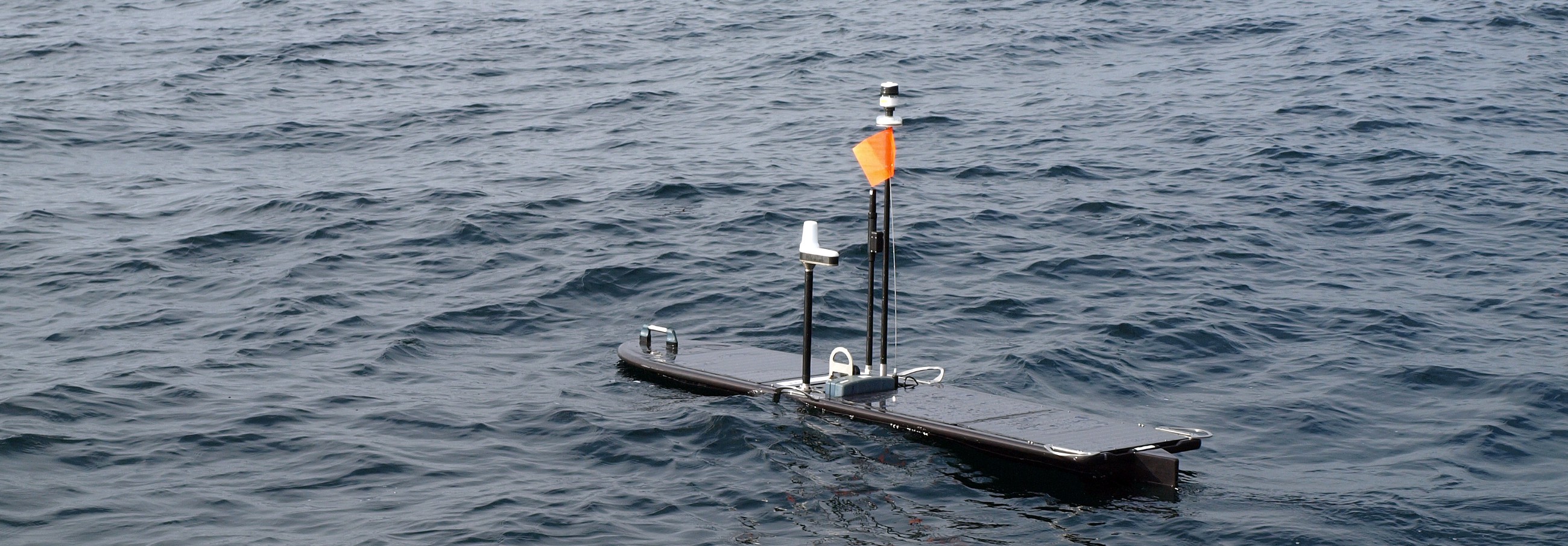
Meet the Swimming Robots Measuring the Arctic
Autonomous underwater drones will measure melting ice for months at a time.